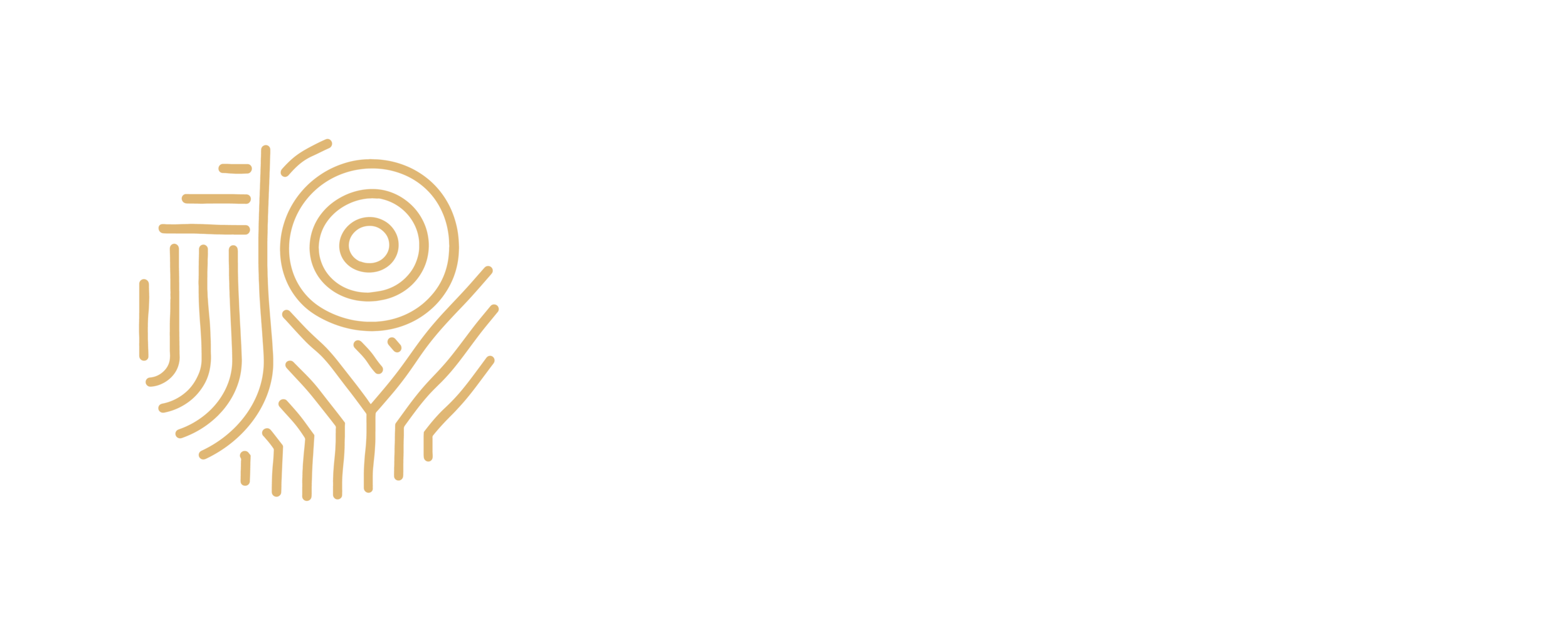Why is Human Agency Important?
by Shweta Kakkar
Human agency is an important topic for us at JoyCorps, one we have been discussing in our monthly gatherings with our fellows. Agency is the generally defined as the power of people to have their own free choices that shape their life trajectories. This is an important, pivotal subject for any organization whose mission is to be a conduit for transformation among vulnerable communities.
For us, the key challenge is to understand the relationship between human agency and structures. Very simply, structures are external forces in our lives that influence or limit the choices and opportunities available to us. Examples of structures can be social class, religion, gender, ethnicity, ability, customs, and more. These structures guide and influence our thoughts, behaviours, experiences, choices, and ultimately the overall course of our lives.
Once we recognize this relationship between structure and agency, there are two forms of redemptive action we can consider:
The redemptive action on an individual whose agency is limited due to toxic mindsets, belief systems, environmental limitations, and physical bondage.
The redemptive action on structures that are perverted or evil by nature such as corruption, greed, social injustice, evil policy, etc.
As redemptive entrepreneurs, we can choose to confront those structures that hinder and hamper human agency, in our own lives and in the lives of the people who work in our businesses.
How do we do this?
First, we must acknowledge our own reality, which is quite likely a position of substantial privilege and power. I have fewer structural limitations on my life than a woman who belongs to a so-called lower caste in India, who is from a poor family, and who does not speak English. I am an upper caste woman who has had good education, so I can exercise my human agency more easily. Furthermore, because of my financial independence, skin colour and way of talking, people understand that I have individual agency, or the power to choose and the power to say "no" and walk away.
Second, we must acknowledge that we are all born with agency, and we are all born into structures that influence us. What varies is the degree to which structures suppress us and the degree to which we have the power to express our agency. Even those who are considered oppressed, marginalised or disenfranchised have agency and will find ways to express it.
When we have acknowledged these factors, we can begin to develop some practical ways to reject oppressive structures and nurture human agency within our ventures. When we met for our Fellowship Gathering in January, we discussed these ideas:
We can create environments that appreciate the expression of human agency. Often, the people we employ will be keen to please us, not speaking the truth. This is particularly true of people whose agency has been suppressed by exploitative structures. Often this will take time.
We can modify our business systems to provide choice and options. When we try and understand the constraints that are present in the lives of our workers, we can provide opportunities for them to exercise their agency. For example, several of our partner ventures have chosen hourly wage rate or piece-rate systems to women who cannot work 9-5 jobs or even come out of the home. These businesses give women the opportunity to assert that they want to work and find ways to do so.
We can seek to listen, understand, and constantly learn. A final point that is that we have to constantly unlearn our practiced judgments for people who are acting in ways that seem to deviate from “normal” behaviour. Anytime that we choose to step up an inch closer to really listen, to really understand, and to really see how an individual or a collective of people expresses their human agency, our practiced judgements are proven wrong. Every single time. This is a lifelong, redemptive process in our own lives!
When we hold our next Fellowship Gathering on February 18, we will be discussing more practical ways to promote human agency within the business systems we adopt. Stay tuned to learn more!
